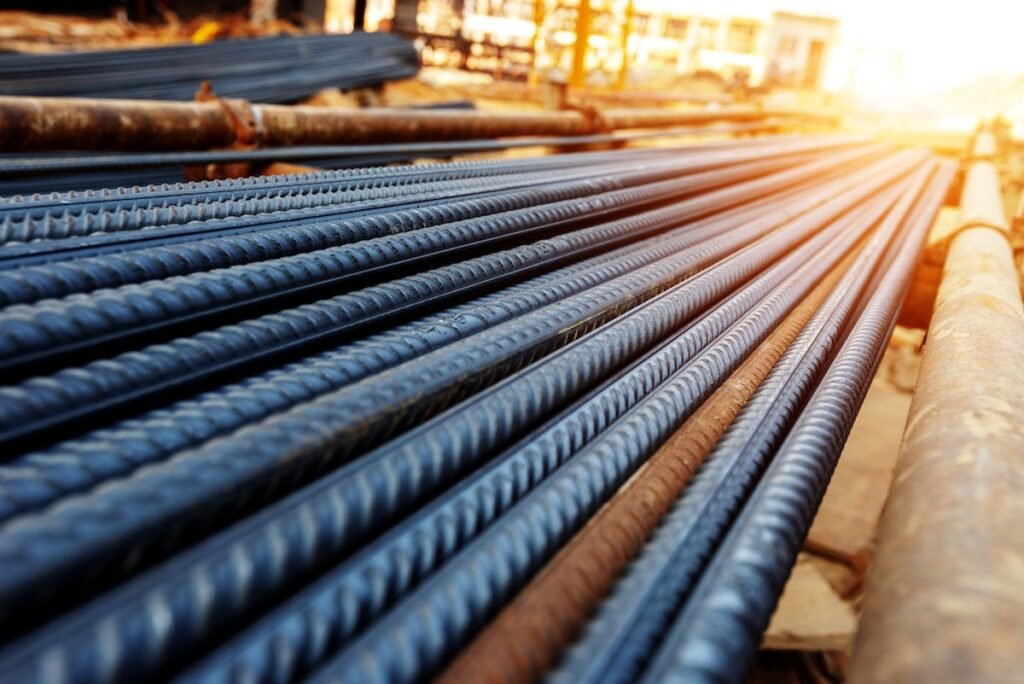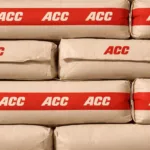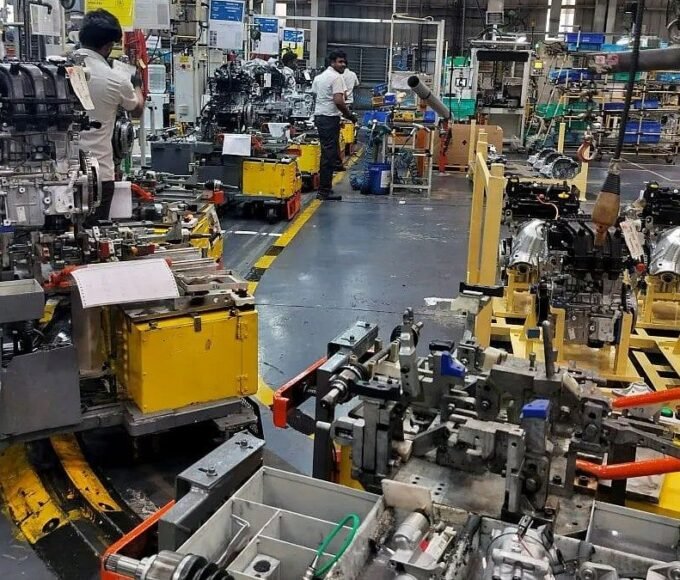Recent Posts
Centre Mulls Review of Import Barriers as MSMEs Protest Steel Protectionist Measures

In a growing debate on the impact of import restrictions on various sectors, the Indian government may review the protective barriers that currently benefit major domestic industries. These restrictions, including tariffs and non-tariff measures, have led to market concentration, pushing up costs for downstream users, particularly small and medium enterprises (MSMEs).
One prominent case is in the steel industry. After persistent lobbying by the Indian Steel Association (ISA), which represents large steel producers such as Jindal Steel, JSW Steel, and SAIL, the Ministry of Commerce initiated a safeguard duty investigation in December on certain steel imports. Protection for domestic steel producers has been in place since 2010, but a proposed 25% duty hike has drawn sharp criticism from MSMEs. The Engineering Export Promotion Council (EEPC) argued that domestic steel prices are significantly higher than imported steel, making it harder for smaller businesses to compete.
While larger companies argue that such protective measures are necessary to strengthen the domestic industry, MSMEs are concerned that they will face higher raw material costs. Pankaj Chadha, EEPC chairman, emphasized that a duty hike would disproportionately harm the downstream industry, which includes over 8 lakh MSMEs. These businesses, which rely on affordable raw materials, are not being included in the ongoing consultations, raising concerns over a lack of representation in the decision-making process.
The debate also touches on broader economic concerns. NITI Aayog Vice-Chairman Suman Bery warned that excessive trade barriers could lead to the creation of monopolies, ultimately harming India’s economic competitiveness. He argued that imports offer necessary competition, benefiting the economy more than protectionist policies.
In a broader context, the government had signaled its intention to review customs duty rates in its July 2024 Budget speech, aiming for simplification and to reduce trade-related disputes. As the Budget nears, there are growing calls from MSME bodies for a balanced approach that safeguards both large producers and the smaller players that are essential to India’s industrial landscape.
- budget 2024
- Buildwatchnews
- customs duty
- domestic steel producers
- downstream industries
- Economic Affairs
- Finance Ministry
- import tariffs
- Indian economy
- Indian Steel Association
- Indian Steel Industry
- industry lobbying
- Jindal Steel
- JSW Steel
- manufacturing costs
- MSME Concerns
- MSMEs
- NITI Aayog
- protectionism impact
- Raw Material Costs
- safeguard duty
- SAIL
- steel import restrictions
- Steel Prices
- Steel Production
- steel protectionism
- tariff hikes
- trade barriers
Recent Posts
India’s Industrial Output Records Strongest Growth in Over Two Years
January 29, 2026Categories
- Acquisition3
- Airport25
- AP147
- Apartments163
- Architecture1
- Bengaluru271
- Budget3
- Budget 202521
- Cement194
- Chennai499
- Construction1,110
- Construction Material Price Updates1
- Corporation5
- CREDAI69
- Editors Pick43
- Equipment57
- Events12
- Export55
- GST18
- Highways136
- Hotel26
- Housing250
- Hyderabad129
- import59
- India340
- Industrial494
- Infrastructure798
- Interiors32
- Investment124
- Iron Ore90
- Karnataka128
- Kerala71
- Labour12
- Land203
- Leasing3
- Logistics85
- Market Updates631
- Metal158
- Metro121
- Mining109
- MSME23
- News2,125
- NHAI109
- Office Space16
- Paints43
- Port10
- Power Shutdown1
- Properties194
- Puducherry13
- Railways12
- Real Estate947
- Rental3
- Results3
- Road251
- Sand43
- Short News117
- SIPCOT24
- Steel Daily503
- Stocks91
- Tamil Nadu555
- Technology131
- Telangana139
- TIDCO16
- Trade135
- Trending News1,171
- Video2
- warehouse96
Related Articles
Special Purpose Vehicle Formed to Develop Mega Shipbuilding Cluster at Thoothukudi
India’s first mega shipbuilding cluster is set to take shape at Thoothukudi...
BySamrita JosephJanuary 29, 2026India’s Industrial Output Records Strongest Growth in Over Two Years
India’s industrial production posted its fastest growth in more than two years...
BySamrita JosephJanuary 29, 2026L&T Q3 FY26 Results: Profit Dips on One-Time Provision, Revenue and Orders Stay Strong
Larsen and Toubro reported a marginal decline in Q3 FY26 net profit...
BySamrita JosephJanuary 29, 2026NHAI Seeks Bids for Rs 51.27 Crore Tunnel Underpass on Bengaluru Airport Highway
The National Highways Authority of India has invited bids worth Rs 51.27...
BySamrita JosephJanuary 29, 2026















Leave a comment